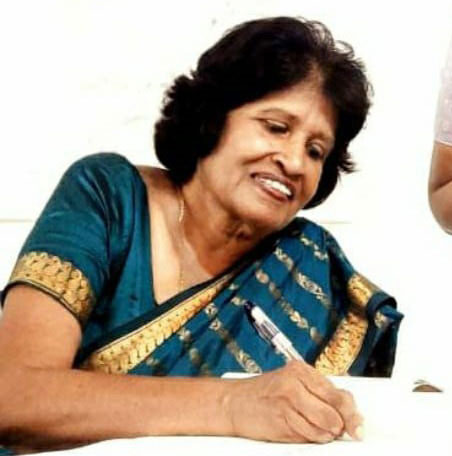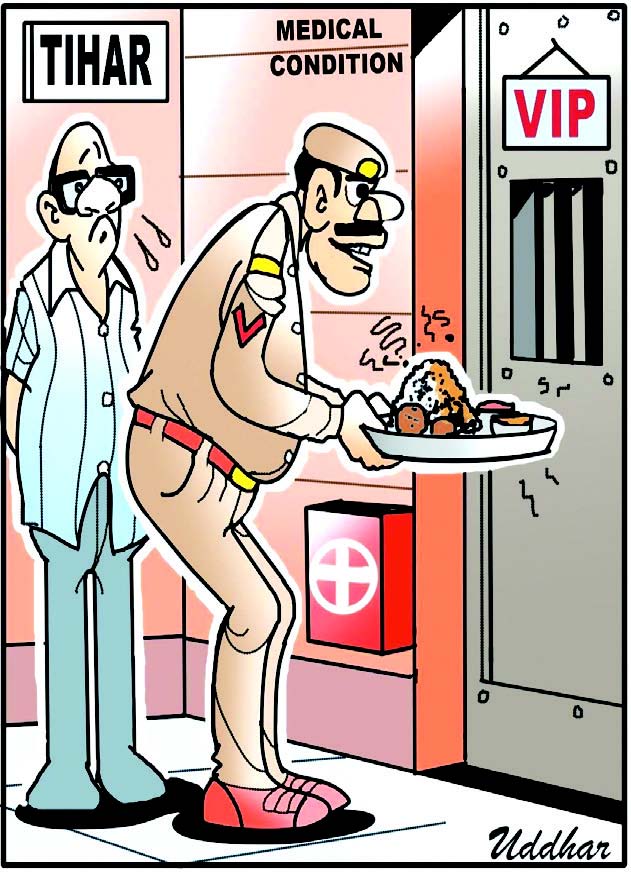
Goa has a rich historical heritage and the different phases that the State has been through, brings its own charm into creating the Goa we know today. From being ruled in parts by different dynasties and the Portuguese, there is great detail in the eras and the culture of the state. A noted academician and historian, Dr Celsa Pinto has been painstakingly working on creating a book, that encompasses the history of Goa into a concise book. After 35 years of labour, ‘Concise History of Goa’ is a book that will introduce Goa’s rich legacy to fellow Indians andr other nationalities. Dr Celsa has held numerous positions, including being the longest serving Director of Education, Government of Goa and the Director of SCERT.
While working on this book, she also wrote several other books and over 25 research papers. Her books include ‘Trade and Finance in Portuguese India’, ‘Goa: Images and Perceptions Studies in Goan History’, ‘Situating Indo-Portuguese Trade’ and ‘Tobacco Monopolies in Goa 1674-1856’, and co-edited the book ‘Indo-Portuguese History’.
According to her, this book was in cold storage for 15 years before she got back to writing and completing it. “My professional commitments in the position of Deputy Director and Director of Education did not permit me to focus on this work. Besides, I had to attend to my ageing and ailing mother,” says Dr Celsa Pinto.
While there are books that have been written on just a single chapter in the book, Dr Celsa wanted it to be as concise as possible. “Much editing had to be done. Even my semi-last draft almost touched 500 pages. Dr Frederick Noronha, the publisher, insisted that I reduce it to less than 400 pages,” she explains. The bibliography mentions 83 books and articles. “Most of the books and articles cited in the bibliography were those which I had accessed since my Ph D days either in Goa, Mumbai or Portugal,” she adds. A Gulbenkian Foundation scholar, she is an acknowledged historian on Indo-Portuguese economic history who has participated in Indo-Portuguese Seminars held at Portugal, France and Brazil.
The book deals right from the origins of Goa to the elections in 2020. Which was the most difficult chapters to research and complete? “I would say that except for the Bandodkar era, the post-colonial times have hardly been researched and that made matters difficult, and this was even responsible for the delay,” she says. There were some chapters that were added later, when she got back to writing the book, “Initially I wanted to end the work with Goa’s Liberation but an afterthought made me realize that in addition, a focus on the history of current post-colonial Goa would complete the picture.”
Dr Celsa has authored eight books, however, she referred only four books for the ‘Concise History of Goa’. “Most of my books and papers are specialized studies. I used only those books that would go with the flow of a generalized narrative on Goa,” she adds.
Dr Frederick Noronha, Maria Lilia D’Souza and Dr Fatima Gracias were the driving force that motivated her to bring the book to light.
“They were aware that I had been working on this issue for a long time and especially after superannuation, they kept nudging me to get the work published, as there was no single volume that would serve as an introduction to Goa’s history, that would be of assistance to students, teachers and general readers,” she explains.
It was really unfortunate that students didn’t get to study Goa’s own history in an elaborate manner in school. Will Concise History of Goa be a part of the history syllabus? “Even I never ever studied the History of Goa right up to Masters’ Level. I did readings on Goa for almost two years, preparatory to doctoral studies. It is for the concerned authorities to take a stand on this and give much more emphasis on our local history,” she says.
There are various eras that are covered in the book and Dr Celsa feels that it will be unfair to pinpoint to just one area of the book. “Pre-colonialism has given us gaunkaris (later called communidades), maritime culture and the imprint of numerous dynasties. The post-1750 period should be highlighted for the rise of revolts, constitutionalism, press, political parties, education and intellectuals. Tiny Goa had a constitution in 1822. Goa’s freedom movement too and the stellar role played by leading freedom fighters should be a source of inspiration. One cannot forget the highlights of post-colonial Goa – Opinion Poll, Konkani Movement and Statehood,” she elaborates.
She simultaneously released her book, ‘The Idea of Constitutional Liberalism in Goa: Understanding Bernardo Peres da Silva’s Diálogo’. Explaining the book, she says, “The Idea of Constitutional Liberalism in Goa: Understanding Bernardo Peres da Silva’s Diálogo’ has recently been co-jointly released with ‘Concise History of Goa’. It is an attempt to understand the ignored and forgotten great Goan Bernardo Peres da Silva and his work Diálogo published in Brazil in 1832. Diálogo, dedicated to the youth of Goa, throws up ideas of ‘constitution’, ‘rule of law’, ‘separation of powers’, ‘freedom of expression’, ‘free press’, ‘independent judiciary and jury system’ – concepts that are a part and parcel of most modern democracies. It offers a political ideology in a reforming framework. C. A. Bayly in his book Recovering Liberties ranks Diálogo alongside the works of Ram Mohan Roy, as an Asian statement on constitutional liberalism.” Her next books in the pipeline include ‘Merchant Capitalism in Goa - The Rise of the Saraswats’ and ‘Legacy and Times of Bernardo Peres da Silva’.
‘Concise History of Goa’ makes for great reading, not just for students and teachers of history but for anyone interested in learning more about Goa and being written in an easy to understand narrative, you can’t put down this book.
